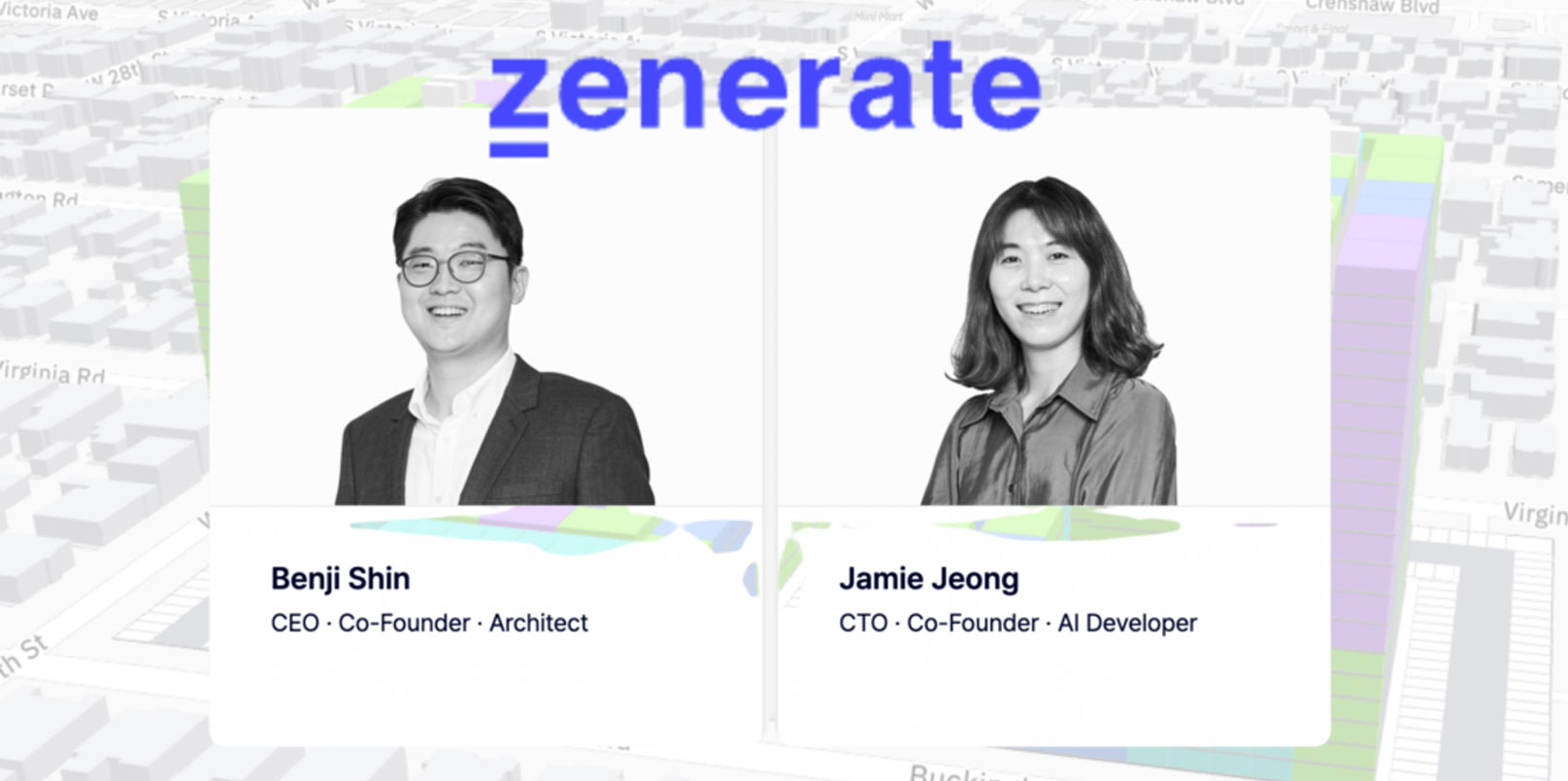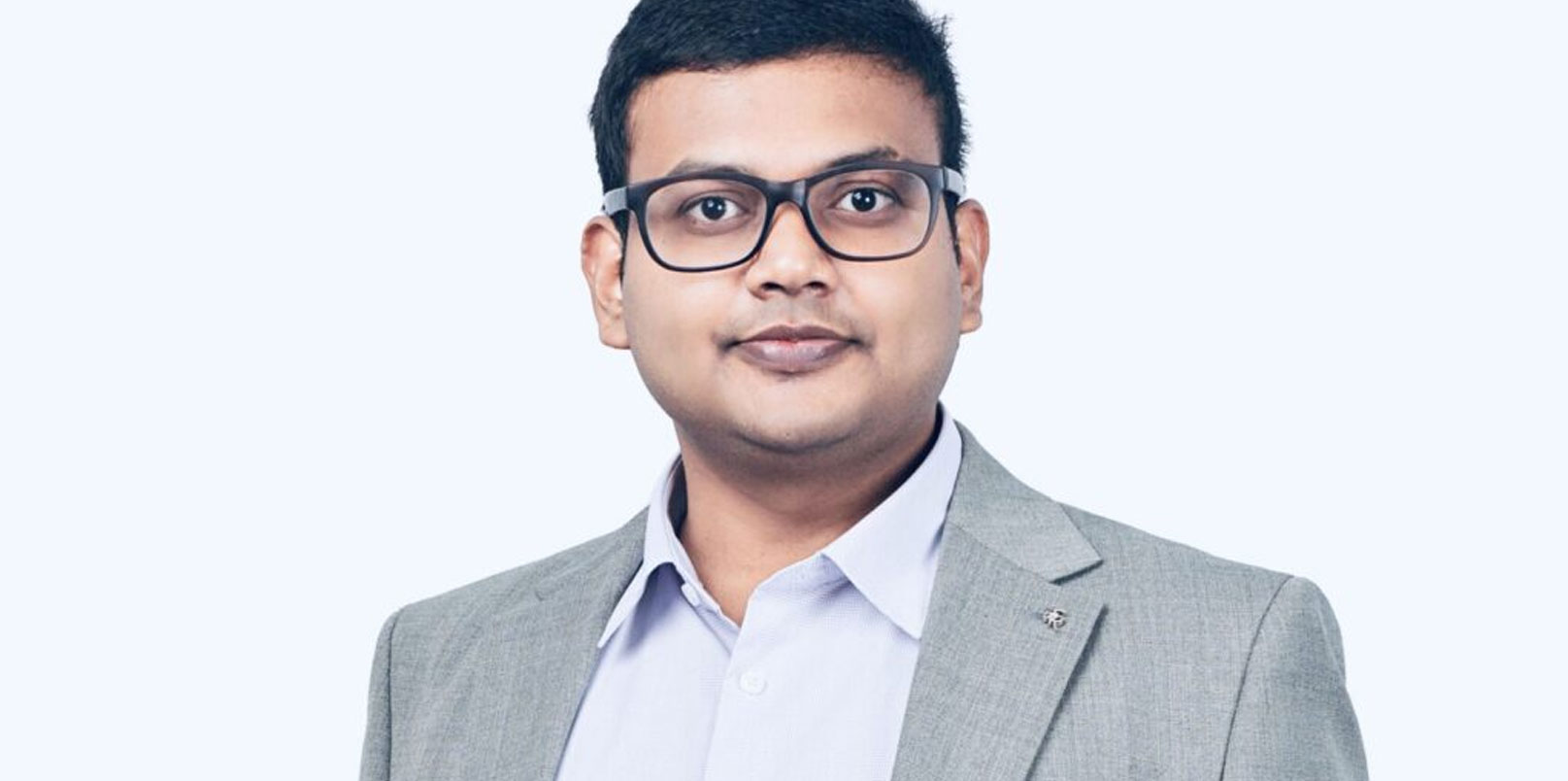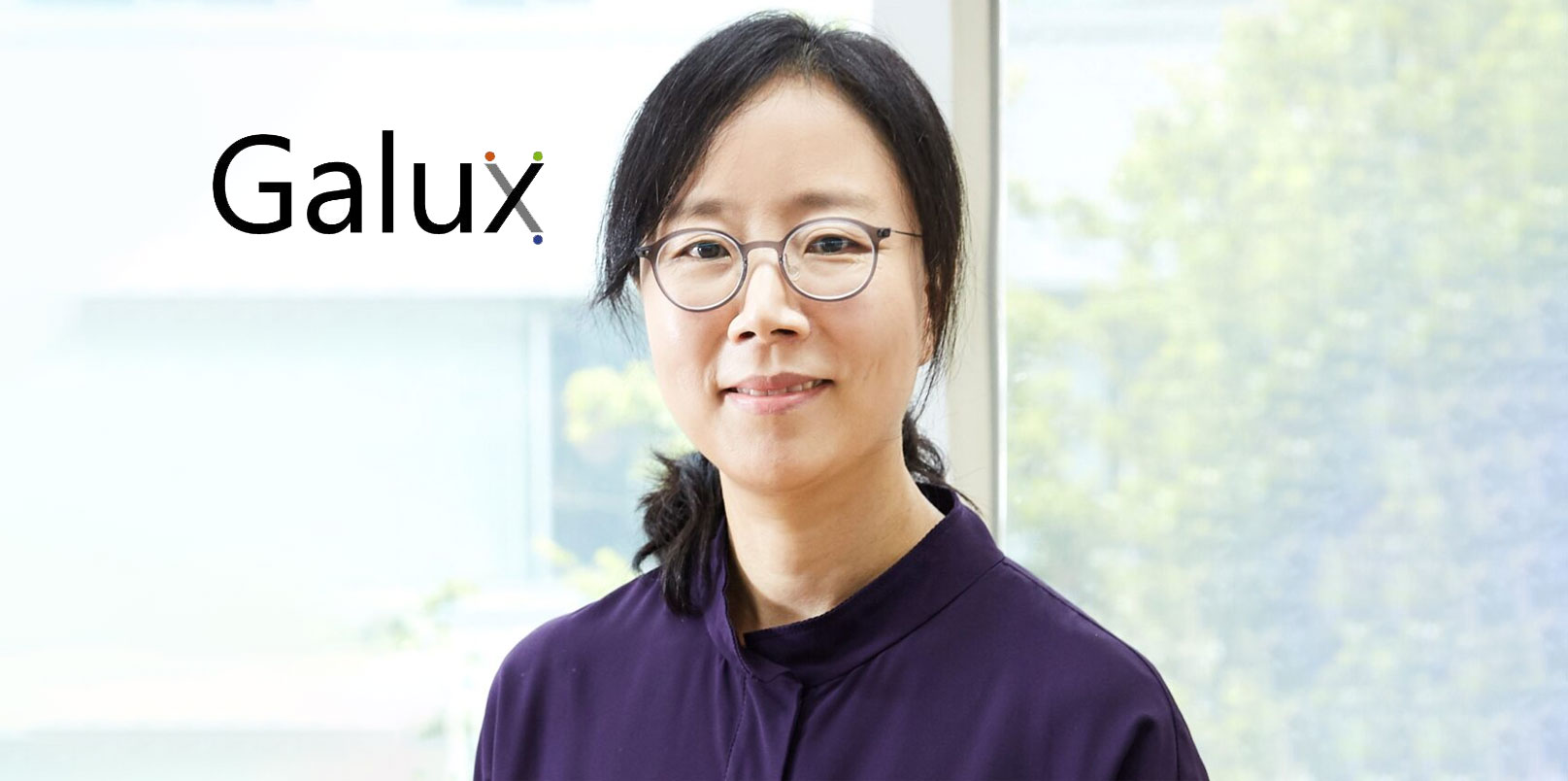Binh Tran is a general partner for 500 Startups Vietnam, a seed stage fund investing in Vietnam-connected startups. Prior to 500 Startups, Binh started his career as a software engineer and started three software startups before co-founding Klout in 2008 which raised over $40 million. Klout was a successful venture for Binh and the company was acquired for over $200 million in 2014. Binh resides in San Francisco but makes frequent trips back to Vietnam.
1. What is your background and domain expertise and how did you become an investor?
I’m a partner at 500 Startups and a general partner at 500 Startups Vietnam, a seed stage fund investing in Vietnam-connected startups.
I started my professional career in 1995 and after a quick jaunt in video games, I founded three software companies before co-founding Klout in 2008. Klout was an amazing journey, one full of ups and downs, failures and successes. I was lucky enough to work on an incredibly difficult problem with some of the most talented people in the world. After Klout’s exit in 2014, I needed a break.
I was invited to speak at a conference in Brazil and attend the World Cup in 2014. That’s when I met Khailee Ng, now one of 500’s managing partners. We hit it off and he mentioned that he was considering becoming an investor. A few months later he joined 500, visited Vietnam, and then called me to convince me to check out Vietnam, which I did.
Even though I’ve also been investing in US-based startups as an angel investor and LP since 2012, I took about nine months of researching and consideration before making the jump and joining 500 Startups.
2. As an investor, what kind of startups have you invested in and how did you find those startups to invest in?
500 Startups Vietnam is bullish on startups providing deep solutions to common problems in education & training, healthcare, financial services, transportation and logistics, and SME productivity. As of May 2019, we have invested in 42 companies.
Our team focuses on early-stage startups where the founders are smart and aggressive, but humble. We want to focus on the big, long-term value of this ecosystem rather than small, quick wins. We’re interested in both local and global teams building for the Vietnamese market. We’re also interested in supporting the overseas Vietnamese who want to build products and services for their homeland.
We rely heavily on referrals: if you know a great entrepreneur with an early-stage startup, please email me at [email protected].
3. What would be the core factors that you decide to invest in those particular companies?
- Team: We usually look for a small cross-functional team with technical skills, design talent, marketing know-how, or at least a combination of two out of the three. We look for smart, passionate people who work well together, and are driven to solve problems for a target customer group. Founders who have worked together for at least a few months are a bonus.
- Product: We have a strong preference for companies whose products are launched and have demonstrated usage validation (beyond just friends and family). The product should address a big and painful problem for a specific target customer and rely primarily on scalable methods of distribution, particularly using online platforms (search, social, mobile, local). The product should be clearly better and/or clearly cheaper than the alternatives. Being “first” with a “creative idea” is not enough. A startup should develop true, deep competitive differentiators.
- Market: We prefer markets that are large and growing quickly.
- Traction: Having traction is a demonstration of proof of concept. If the data suggests things are moving in the right direction, it will help your chances of being accepted to 500. Some metrics we usually look at include, but are not limited to, the volume of users, revenue, growth, and unit economics.
4. What is the investment range of your company and in a typical year, how many startups do you invest in?
We typically invest US$100,000, though in special circumstances, we can go outside of that range. We made 19 investments in 2018, making 500 Startups Vietnam the most active VC fund in Vietnam in 2018, and look to invest in 20-30 startups this year.
We focus on Vietnam-connected startups, even though our portfolio companies are headquartered in Vietnam, Thailand, Singapore, and different parts of America. Any startup can apply for funding if it is a tech company, and has a Vietnam connection (e.g., serving the Vietnam market, having a Vietnamese co-founder, having a meaningful portion of the team in Vietnam).
5. What are the main factors that startups fail as per your experience and how can they prevent mistakes in advance from your personal perspective?
One key weakness of many startups is that they do not have complete teams. Despite the difficulty of building a successful startup, many founders work alone. Having 2 or 3 founders increases the chances of success on average.
Meanwhile, some startups have multiple founders but without diverse abilities or experience — for example two technical founders and no business founder, or vice versa — which we think is an unnecessary “handicap” to place on a team. A diverse founding team — who will persevere together, who will provide sanity checks on each other’s decision — is crucial to the success of any company.
6. What’s your advice to entrepreneurs who meet investors like you? And what are the top 3 questions you always ask founders?
Tell us about the future you’re trying to create, and why. Be sure to understand why now, why your team, whether you even need investment, and whether you’re targeting a large enough or fast-growing market.
7. What’s your general thought about the term “Global” and what are the important factors for Korean startups to consider for a US expansion?
Going global requires a world-class team from day one and generally means winning in the US market. To win the US market, one not only needs the best technology and product but also the best distribution channels and partners, the deepest pools of capital, and the best luck.
8. As you know, our company name is “beSUCCESS”, what’s your definition of the term “success” as an investor or as an individual human being?
Success as an early stage investor is difficult to quantify. Companies take a long time to grow and mature so an investor might need to wait many years to see returns on their investment. Until your companies exit and return capital back to LPs, an early stage investor might rely on other metrics to understand if they’re “on the right track”. These might include helping your portfolio companies raise their next rounds or how many deals your portfolio companies refer to you.
As for being a successful human being, I think that’s pretty simple. Just be kind to others and don’t be a jerk.
9. What are the one or two things you would do differently if you could go back to 10 years ago?
I’m always making mistakes and learning so this list is very long. However, I’ll focus on mistakes made building my last company, Klout, because it had a large impact on my life. If I could go back, I would have made sure we raised less money and would have chosen to not sell the company too early. With Klout, we had an opportunity to be a pillar company of the internet age but like many entrepreneurs, made decisions that steered the company in the wrong direction. However, my experience building that company is still one of the best experiences I’ve had in my life.
10. When you come to Korea next time, what kind of Korean entrepreneurs and startups you want to meet?
Sadly, I have yet to visit South Korea, but it is next on my list. South Korea’s rapid growth since the 1960s is an inspiration for many countries, including Vietnam. I want to meet hard-working, smart, and humble Korean tech entrepreneurs so I am not only inspired but so I can potentially invest!





